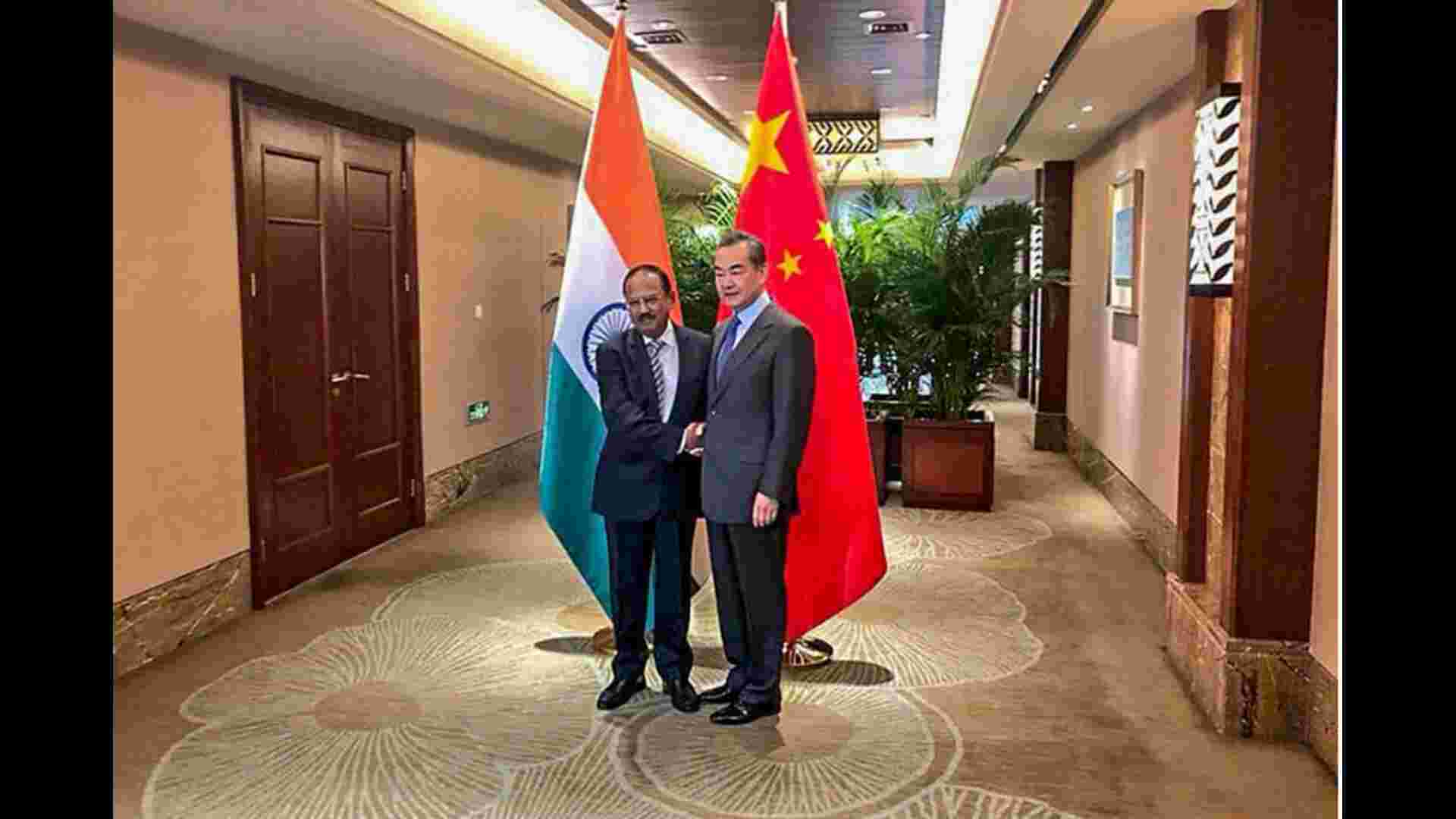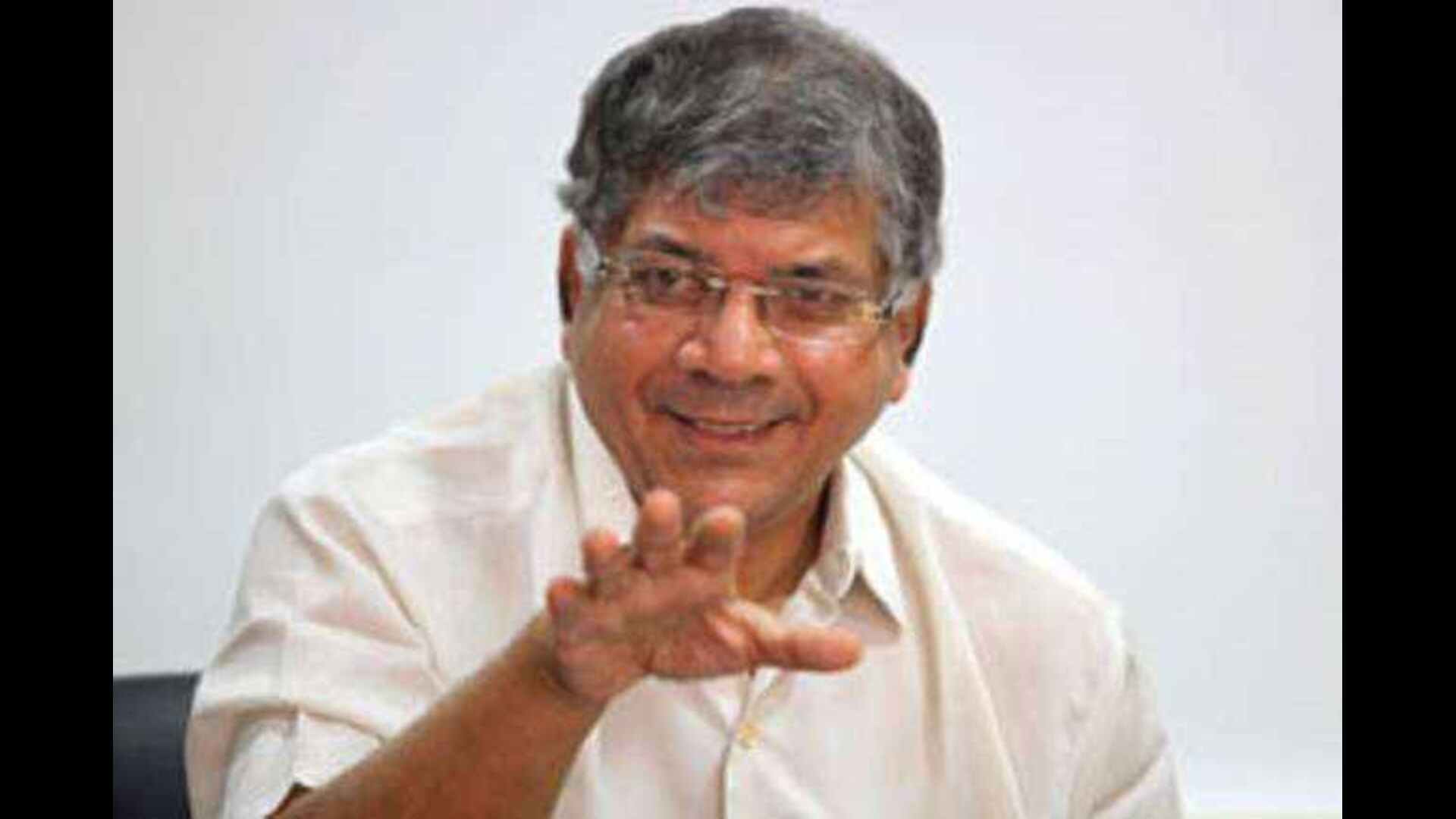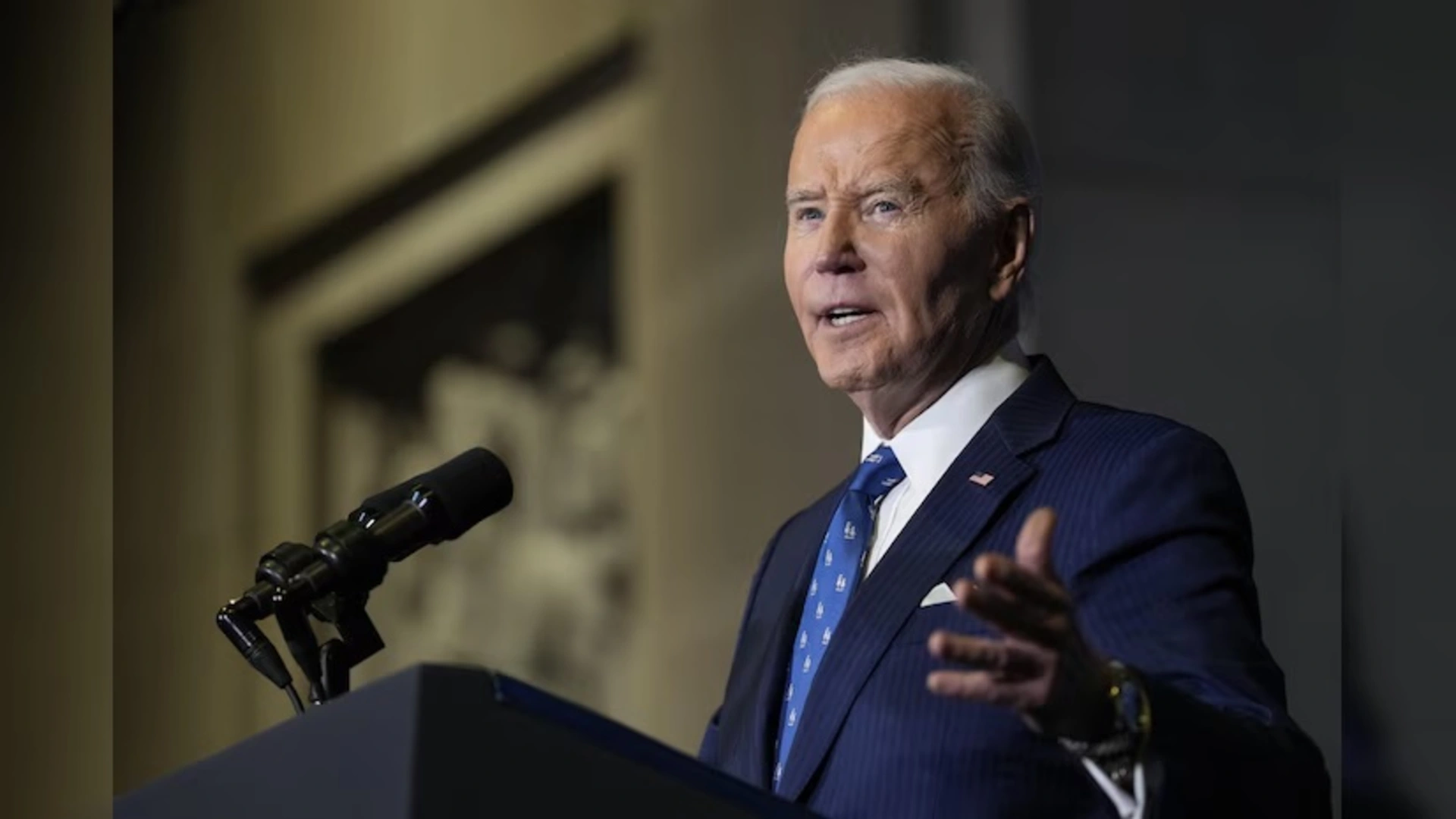
Former UN Secretary General Ban Ki Moon on Tuesday expressed concern over traditional donors – the rich countries – cutting back on aid at a time when the developing world was challenged by budgetary constraints.
Noting that nationalism and protectionism were hindering multilateral cooperation, he asked the global community to redouble efforts to ensure that critical resources reach the needy through measures that are flexible, accountable and country-driven. Moon’s comments assume significance as global experts and the heads of international organisations including the UN, WHO and the WTO have warned against vaccine nationalism and the related export curbs disrupting the COVID-19 vaccine distribution, especially to poor countries, and in turn, slowing down economic recovery.
Speaking at a webinar co-hosted by the Research and Information System for Developing Countries (RIS) and the German Development Institute / Deutsches Institut für Entwicklungspolitik (DIE), Mr Moon, who is the Deputy Chair of The Elders (an independent group of global leaders), pointed out that many nations, particularly those in the global South, were facing expanding budgetary constraints in 2021. “Traditional donors are cutting aid when it is most needed. Despite this, we must redouble our efforts to ensure that critical resources continue to reach the most in need and that assistance is flexible, accountable and country-driven. We must remember that this is a sound investment in sustainability, inclusivity and prosperity,” he said at the webinar titled ‘The UN@75 and South-South Cooperation: evolving roles and responsibilities’.
Stating that development cooperation was under pressure as a result of the pandemic and the ensuing global economic crisis, Mr Moon said the call for Agenda 2030, mitigation of global warming and the quest for ways to tide over the scourges of the present pandemic also necessitate a further collaborative approach towards provision of global public goods and protection of global commons.
He urged both the UN and the emerging powers to continue to play an active role in the global system. “Your countries are the stewards of our multilateral future. Indeed, while you have lifted millions of people from poverty, you can further help millions more,” he said. Mr. Moon said while the COVID-19 pandemic has tested the international system and collective efforts, it has also created opportunities to expand cooperation to help build back better and ensure that no one is left behind.
The webinar sought to address concerns regarding cooperation between the developing world countries (South-South Cooperation or SSC) to support countries to better recover from the current COVID-19 crisis. Since 2013, the Conference of Southern Providers (Delhi Process) has been attracting international attention on issues and emerging challenges for SSC. In this regard, the Delhi VI Conference will take place this year. UN support for SSC has been an integral part of these efforts. The 75th anniversary of the UN provides a landmark to examine how the relationship between the UN and the South, – i.e. the majority of its member states – has evolved.
The webinar was attended by Professor Sachin Chaturvedi, DG, RIS, Sven Grimm, Head of Research Programme on Inter- and Transnational Cooperation, Training, DIE, Ambassador Vijay Nambiar, former Special Advisor to UN Secretary General, among others.















